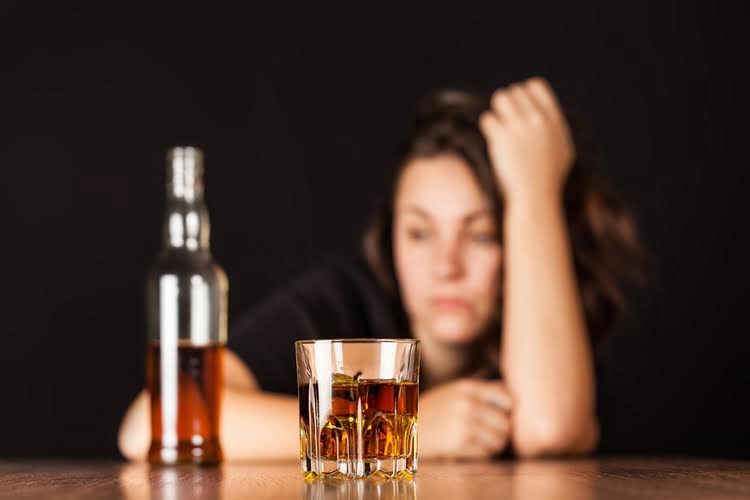- March 21, 2022
- Posted by: Visa Imigration
- Category: Sober living
Some people who’ve experienced problems with alcohol may be able to drink again, but most will not. This is because alcohol abuse alters your brain chemistry, making it difficult to control your drinking once you start. Choosing to indulge in de-alcoholized drinks or mocktails may seem like a harmless alternative, but even these seemingly innocent beverages can be triggering for some. Consuming http://bani-i-sauni.ru/books/item/f00/s00/z0000002/st013.shtml such substitutes can lead to a placebo-drunk-like sensation, ultimately increasing the likelihood of a relapse into alcohol addiction.
Ready to make a change?
Preventing relapse and sustaining recovery demand continuous effort, support, and self-awareness. Strategies that include engaging with support networks, making lifestyle adjustments, managing stress, and seeking professional recovery help are http://www.all-news.net/notes/1146499 essential components of a successful recovery plan. The journey is marked by victories and setbacks alike, each offering valuable lessons and growth opportunities.
Recovery

By surrounding themselves with positive influences, recovering alcoholics can find encouragement and reinforcement in their commitment to sobriety. On the other hand, moderation may be more suitable for those without a history of alcohol addiction or dependence, allowing them to enjoy the occasional drink without compromising their health. However, it’s essential to recognize the potential dangers of returning to alcohol after sobriety, such as the slippery slope and emotional triggers discussed earlier, which could be detrimental to one’s health and well-being. I used to worry about getting my last drink before closing time, but now I worry about having more than one because I don’t want it to lead to a place where I no longer feel safe. Considering I once panicked about getting pregnant as I would have to give up my nightly glass of wine, this is quite a turnaround. Steve Kobashigawa, a marriage and family therapist based in L.A., said that when you feel a craving come on, do what you need to do to get into a more positive headspace.

Alcohol Withdrawal

It can be compared http://www.snowflakebase.com/Breckenridge/page/4/ to someone having a flare-up of their diabetes or hypertension symptoms. Ultimately, the consequences of drinking after achieving sobriety can be far-reaching, impacting not only your life but your loved ones as well. It’s a reminder of the importance of staying committed to your recovery journey. Instead, wait until you can talk with someone about your feelings and create a plan for moving forward.
- I had a great time that weekend, even though I was the only sober one in the group.
- The exploration of whether an alcoholic can ever drink again is nuanced, reflecting the individual differences in the experience and management of addiction and recovery.
- Drinking dreams can be very upsetting, but when you know what they are and that they are a normal part of recovery, you’ll be better armed to deal with them.
- Maybe they’re high-functioning like I was – showing up to work, paying bills, maintaining the facade of normalcy.
- Gallus Medical Detox Centers specialize in safe, effective medical detox.
- Although repeated slips can be a normal part of recovery for some, ongoing relapse and rehab can become a compulsive pattern of its own and make it even more difficult to successfully stay sober long-term.
- For instance, you might switch from hard alcohol to beer with lower alcohol content or maybe reduce your drinking from six days a week to two.
- With further treatment and dedication, you can maintain sobriety.
Next, members learn how to cope with addiction, avoid triggers and find peace in their sobriety by working the 12 Steps in order. Relapse is usually triggered by a person, place or thing that reminds a person of alcohol. When the brain processes the memory, it causes cravings for the substance. Returning to rehab after an alcohol relapse may seem disheartening, but seeking treatment can open the doors to hope and healing. If you or a loved one has relapsed—or you’re simply ready to learn more about your options—AAC can help. No relapse is too big to recover from, and in fact, you can take immediate action to regain your sobriety.
It is also worth noting that alcohol-induced pathology in animals (usually rodents) does not fully reflect the extent of injury incurred by human heavy drinkers. Alcoholism is often described in stages, from the initial phase of occasional binge drinking to the final stage of chronic alcohol dependence. Early stages may involve increased tolerance to alcohol and drinking for relief or comfort.




